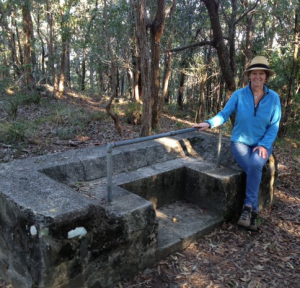MICHAEL Crichton wrote the Oscar-winning science fiction adventure Jurassic Park. But screen writing was not his first career, he studied medicine at Harvard, and later in life became very concerned about environmentalism and science, and the difficulty of sorting fact from fiction. In a lecture to the Commonwealth Club in San Francisco in September 2003 he said:
“The greatest challenge facing mankind is the challenge of distinguishing reality from fantasy, truth from propaganda. Perceiving the truth has always been a challenge to mankind, but in the information age (or as I think of it, the disinformation age) it takes on a special urgency and importance.”
For sure every day we are bombarded with information from the internet, radio and television and making sense of it can be difficult.
Scientists are meant to know the difference between fact and fiction and as a first check of the reliability of a source of information they will often ask if it has been “peer-reviewed”. Peer-review means that research findings are conducted and presented to a standard that other scientists working within that field consider acceptable. This is normally achieved through publication in a scientific journal and involves the editor of the journal asking for comment on the validity, significance and originality of the work from other scientists before publication. In short, the system of peer-review means scientific research is subject to independent scrutiny but it doesn’t guarantee the truth of the research finding.
In theory rebuttals play an equal or more important role than peer review in guaranteeing the integrity of science. By rebuttals I mean articles, also in peer-reviewed journals, that show by means of contrary evidence and argument, that an earlier claim was false. By pointing out flaws in scientific papers that have passed peer-review, rebuttals, at least theoretically, enable scientific research programs to self-correct. But in reality most rebuttals are totally ignored and so fashionable ideas often persist even when they have been disproven.
[Read more…] about How Scientific Ideas Become Fashionable (Part 2)




 Jennifer Marohasy BSc PhD has worked in industry and government. She is currently researching a novel technique for long-range weather forecasting funded by the B. Macfie Family Foundation.
Jennifer Marohasy BSc PhD has worked in industry and government. She is currently researching a novel technique for long-range weather forecasting funded by the B. Macfie Family Foundation.